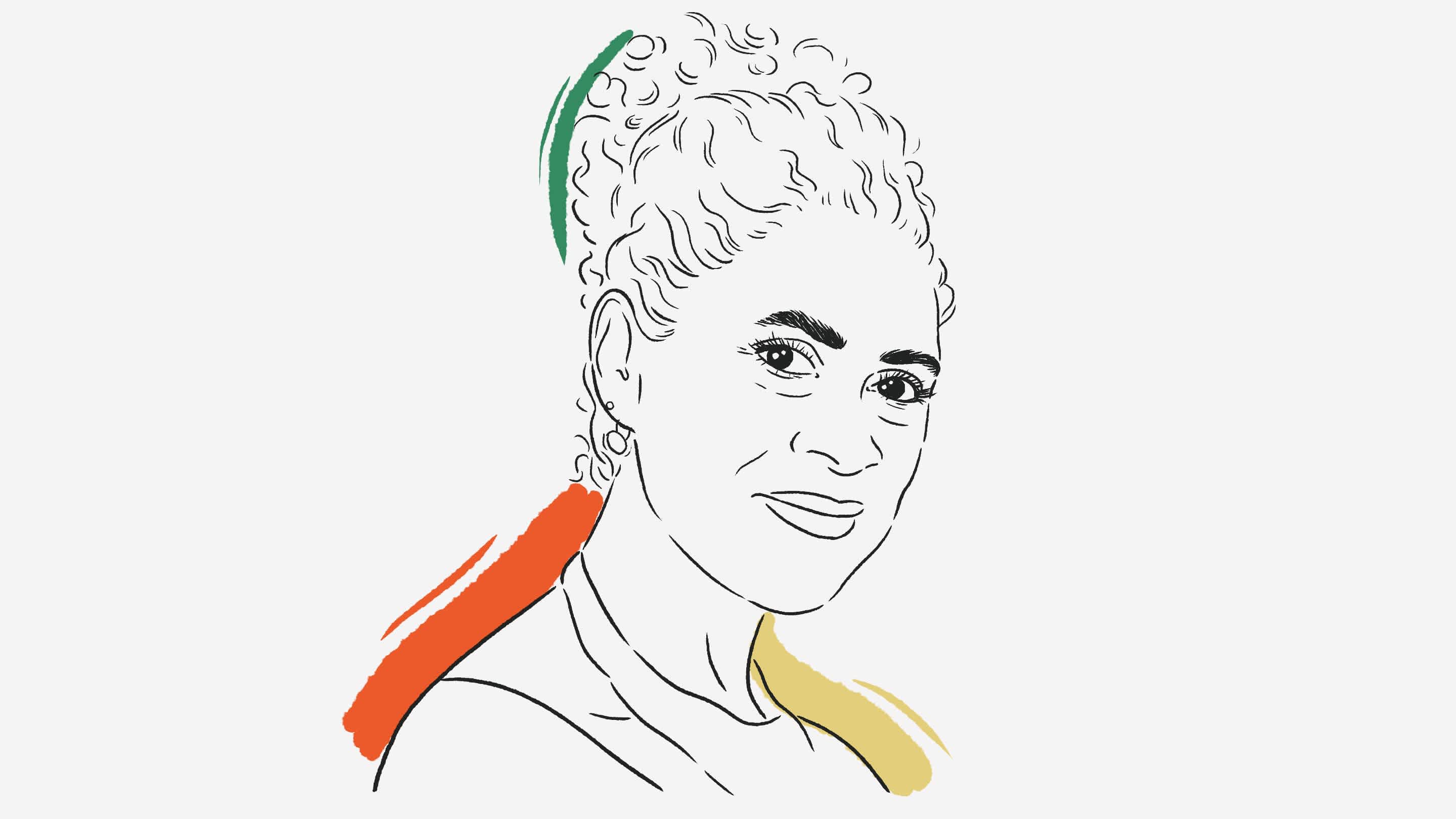Each week, we ask a pro for their money tips. This week we talked to shopping expert Trae Bodge. Want more expert advice? Sign up for our Easy Money newsletter, sent to your inbox each Friday.
What is a smart shopper? How can someone become a smart shopper?
A smart shopper is someone who shops mindfully, rather than randomly. You can start by making very deliberate choices. Also, there are many ways to save money on the things we buy, so someone who shops smart takes the time to look for those saving opportunities before checking out.
How can smart shopping benefit our wallet?
There are so many ways to save, like earning cash back and points, receiving discounts and timing our purchases wisely. Taking advantage of these savings means more money in our wallets.
What’s your golden one rule when online shopping?
Use at least one browser extension. As you shop, a browser extension will automatically look for available coupons or available cash back — and you can activate those savings with the click of a button.
What’s the biggest money mistake you see consumers make?
Not looking for savings when they make a purchase. It’s as easy as installing a browser extension, like Slickdeals for Chrome, or taking 30 seconds to compare prices using Google Shopping. Not doing these simple things is like leaving money on the table.
What’s the latest retail trend and is it worth the money?
Renting clothing is a huge trend right now. Whether or not it’s worth it depends on the individual consumer. If you are someone who works in a casual environment, you work from home or are a stay-at-home parent, renting will only make sense for the occasional special event. If you are in a high-profile job or attend events regularly, a monthly subscription for rentals could make sense.
Interested in a loaner wardrobe? Check out our review of Rent the Runway.
What’s the last thing you resisted buying? How did you resist it?
I receive these daily sales alerts and they can be hard to resist! My struggle is usually with things that I already have and love, like Converse All-Stars or my favorite pair of jeans. Sometimes I’m tempted to stock up, but I have to remind myself that there isn’t an impending apocalypse (not yet, anyway). What helps me is to have an inner dialogue, like “do you really need those? Why?”
Walking away also helps. If I can justify the purchase after I’ve created some distance, I’ll go back to it.
What’s the last thing you splurged on and why was it worth it?
I converted our sun porch into a home office last year and it was worth every penny. Our house is small and I was working in a tiny room, which wasn’t great for my peace of mind. It was getting to the point where I knew something had to give and I opted to repurpose this space that we weren’t using rather than investing in an office outside of my home.
What’s one money-related thing you’re most proud of?
Last year, we paid off our mortgage and, two years before, we paid off our car. We are officially debt-free and I’m pretty proud of that!
Do you have any money regrets?
Overspending when I was in my early 20s. I had credit cards for the first time and I didn’t really know how to use them responsibly. I also had student loans. Then, I had an unfortunate situation with a boyfriend who stole a fair bit of money from me . I was already in a precarious financial situation and that theft sent me into a financial tailspin that took years to clean up.
What’s your biggest money stress right now?
I’m freelance and anyone who is freelance can tell you that it’s a roller coaster. I’ve been very fortunate since I was laid off in 2015, but the lack of stability and the pressure to find opportunities can be stressful.
Learn how to build your own benefits package.
What’s the worst financial advice you’ve ever received?
When I was in my mid-20s, I wanted to buy an apartment, but doing so would require that I take an early withdrawal from a 401K. A relative, who is a financial planner, advised me against it because while I would receive a first-time homebuyer benefit, it didn’t outweigh the penalties for early withdrawal.
Granted, it was sage advice at the time, but I had a feeling that the risk would be worth it. I ended up tripling my investment on that property, which more than made up for the penalty. It also allowed me to buy my next apartment and, eventually, my house in the suburbs, which I could not have afforded otherwise.
What’s the best financial advice you’ve ever received?
I don’t remember who told me this, but if you split your mortgage payments in half and pay twice per month, you can shave years off your mortgage. I’ve done that with all three of my homes — and paid extra towards principal when I could — and I’m convinced that is why I was able to pay off my house last year at 51 years old.
What’s your current money goal and how you’re working toward it?
We have three:
A college fund for our daughter.
Retirement
An apartment in the city: My husband and I have decided to leave our New Jersey suburb in four years (once our daughter graduates from high school). Because we have already paid off our home and we live in a low-inventory area, we know that we’ll be in a good place when we sell our house — but I’d rather not have to buy with a contingency.
Going back into debt is unavoidable because the city is more expensive. I’d like our mortgage to be as low as possible. My goal is to save enough for a decent down payment, and then when we sell our house, we’ll use that chunk towards the principle. It’s a big goal, but I like a challenge!
How can parents teach kids the value of a dollar?
It is essential that we teach our kids about money so they are financially responsible when they leave home. I think the biggest thing you can establish from a very early age is how money works. From a kids’ perspective, things just appear, which is often why kids don’t understand why they can’t have things all the time. If you show them that money has to be earned and that what you buy costs something, you’re likely to experience fewer meltdowns when they can’t get something they ask for.
How can parents teach their kids to budget money?
If kids have their own money to spend from an early age, they will learn to make more thoughtful choices. As they get older, you can encourage more financial autonomy by requiring that they pay for more things themselves with money they’ve earned in and out of the house. Our daughter is 13 and at this point, we rarely buy anything for her besides food and other necessities. She uses her own money for everything else. By the time she leaves home, our goal is that she will have sharply-honed budgeting skills.
This interview was lightly edited for clarity. It is intended for informational purposes and should not be considered legal advice.
Image: Nastia Kobzarenko


